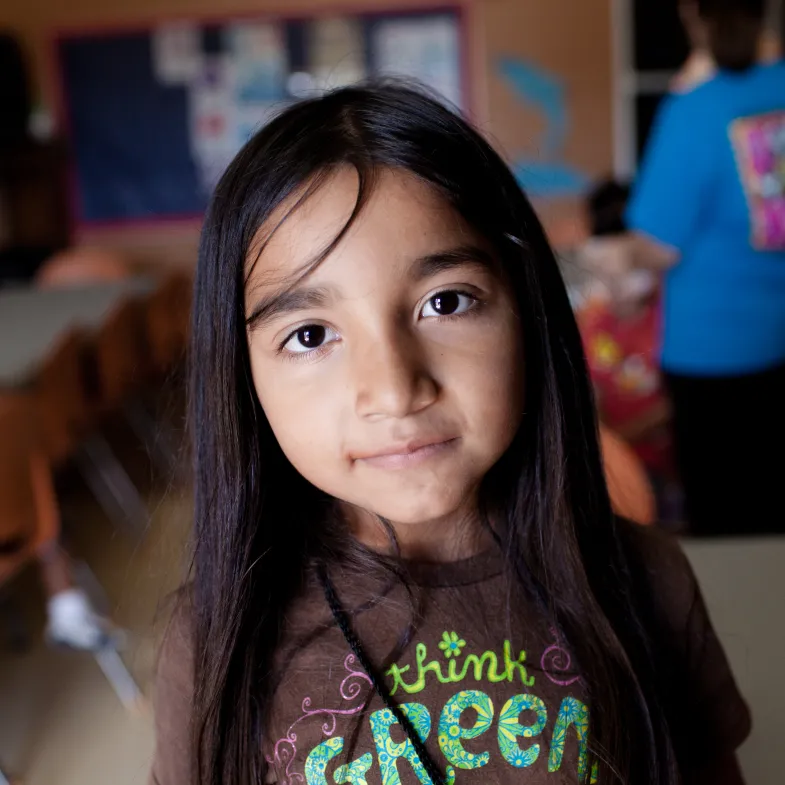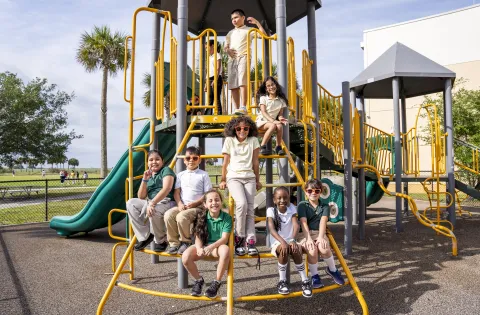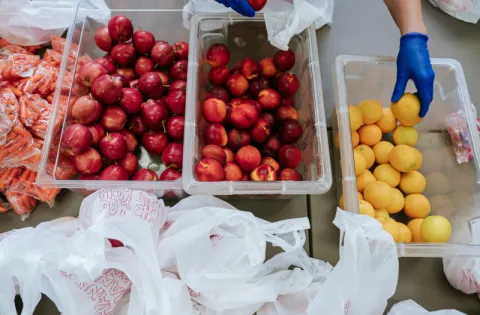We are on the verge of losing an entire generation of Latino children to the inequities of the coronavirus. Rising childhood hunger could erase the gains made in closing the achievement gap, the improvements in high school graduation rates and health outcomes among Latino children.
In March, when schools closed due to coronavirus, there was an army of community organizations and school nutrition staff across the country who ensured that the children who relied on school meals would not go hungry during this pandemic. At the same time Congress responded by passing a relief package that included flexibilities for schools and community organizations to provide grab-and-go school meals, and Pandemic EBT (P-EBT), a program that provides families with a supplemental grocery benefit on a card to help feed their children while their schools are closed.
These programs are a vital lifeline for Latino children to stay nourished as their families struggle to overcome the hardships this pandemic has disproportionately inflicted on Latino families: unemployment, income loss and hunger.
The outlook for Latino families is troubling. Today Latino households are unable to meet their basic needs; they are behind on rent, mortgages and struggling to put food on the table with the children bearing the brunt of these challenges.
What does it mean to be hungry in the United States? It means that families are unable to afford enough to eat and they are skipping meals. And when children skip meals and don’t have consistent access to nutritious food, they have poor educational outcomes, experience cognitive decline and long-term health consequences.
But we can change this by giving Latino children a fighting chance. Together with Latino leaders, community partners, and the education community, No Kid Hungry is working to reach Latino children where they live and learn. In addition, we are advocating for policy solutions and programs like P-EBT that gives children equitable access to nutritious meals so they can thrive during this national health crisis.
As we celebrate Hispanic Heritage Month, let’s also celebrate some of the Latino leaders who are helping to feed Latino children and families:
- Pueblo Unido Community Development Corporation, who are delivering nutritious meals to children and families in the rural and hard-to-reach Polanco communities in the Eastern Coachella Valley.
- Richard Rochin and his team at the Parlier Unified School District in California who have made sure every child in their district gets three meals a day - at no charge - since schools closed in March, including all through the hot San Joaquin Valley summer.
- Robert Cuellar, director of nutrition services in Laredo, Texas. Check out our new video interview with Robert below to see some of the ways he goes the extra mile for his students.
These are just some of the #HungerHeroes who are on the frontline helping to fight child hunger among Latino children. Let’s give them a standing ovation.



